A video of a 103-year-old Black woman recalling her days out in the fields picking cotton has moved millions of viewers on social media.
Shanika Bradshaw, a.k.a. TikToker @blackbeauty_305, preserved her grandmother's memories in a captivating video in which the centenarian indulged her in an eye-opening conversation of what it was like working out in the cotton fields in Georgia as a young teenager.
Bradshaw said her grandmother, Madie Scott, picked cotton every day from 3 a.m. to 5 p.m. and "was paid barely anything."
The clip Bradshaw hashtagged with #storytime can be seen, here.
@blackbeauty_305 Grandma picked cotton from 3am-5pm every day.. She was paid barely anything. Smh! #storytime
Madie was 12 when she started picking cotton in Georgia. Her work shifts spanned 14 hours a day for 50 cents.
"When you get used to picking cotton, you pick it, you know how to pick it," said Madie, who turns 104 on December 8.
Speaking with Buzzfeed, Madie said:
"I was picking cotton all day. That's all there was to do."
"You can work in the house [babysitting or cleaning], but if you work in the field you make the most money."
Many TikTokers were in awe over Grandma Madie.







Madie moved to Miami, Florida when she was 16 after hearing about a prospect to earn more money as a sharecropper.
As a historical refresher, sharecropping replaced slavery in the South after the Civil War. The legal arrangement involved landowners allowing tenants to rent the land in exchange for a large portion of crops they produced on the land.
Many historians believe the labor system was another way for White landowners to continue exploiting former slaves looking for work—oftentimes by keeping tenant farm families indebted and subjecting them to high-interest rates.
Bradshaw said many sharecroppers were forced to purchase food and other necessities directly from the landowner—who could charge any price they wanted.
"Instead of them being able to go to another place and buy those things, they had to buy their food from the commissary [the company store for sharecroppers]," said Bradshaw.
"They would get paid and then broke even. They got it docked from their pay."
Madie shared a recollection of her late sister, with whom she worked alongside also as a sharecropper.
"My sister — oh, lord — she looked at me at 11:30 (a.m.) or quarter to 12, [because] she wanted to stop and rest."
"She had a lunch break at 12, but she wanted to stop working at 11:30."
Addressing some of the ignorant comments in the previous TikTok video, Bradshaw posted a follow-up clip emphasizing her grandmother was not a slave.
@blackbeauty_305 It's the ignorant people for me. Nobody said she was a SLAVE.. And she has no reason to lie about picking cotton.. 😞
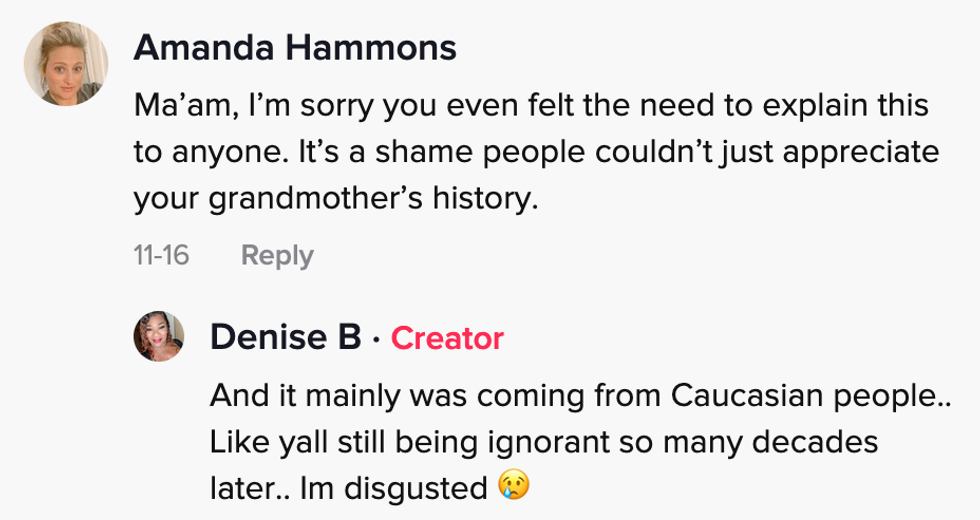


After working a few years as a sharecropper and as a cook, Madie spent the next 40 years as a nanny raising seven kids for a wealthy family.
By the time she stopped working, mostly in physically demanding jobs, Madie was unsure of what to do with herself.
"I was in my 80s when I stopped working in 1989. I didn’t do like a lot of people that get Social Security. I wasn’t worried about getting no money."
"I used to go to the building in the front [where I used to work] and sit and look at the people working because I missed it."
Bradshaw, who was raised by Madie after Bradshaw's mother died, said she "felt a little sad" listening to her grandmother talking about the past.
"I was asking her about the pay. I asked her if she forgave the people for how she was treated and she said, 'Yeah, I did forgive them a long time ago'."
"'Even though I was overworked and put in so much work and was paid so little'."
Despite the heavy topic, Bradshaw felt compelled to share Madie's important history on social media.
"When you think of history, they really don’t talk about the truth. We hear about Christopher Columbus, but we don’t really hear too much of black history."
"So I feel it’s important for me to put this out there so people can hear it firsthand. This is what happened, these people — not just my grandmother — but other people who built up America and were never acknowledged for it."
Madie also wants the younger generation to learn the truth.
"Ain't none of these young people will have to go through what I went through to get where I am now."
"Oh lord, I wish we had that — how y'all got everything laid out for you [in life] and you know where you’re going. When I was coming up, we didn’t know where we were going, all we know to do was work."
When Madie discovered social media users' veneration of her after the video went viral, she said she didn't "feel no different."
"But I'm just regular. Nothing changed about me."



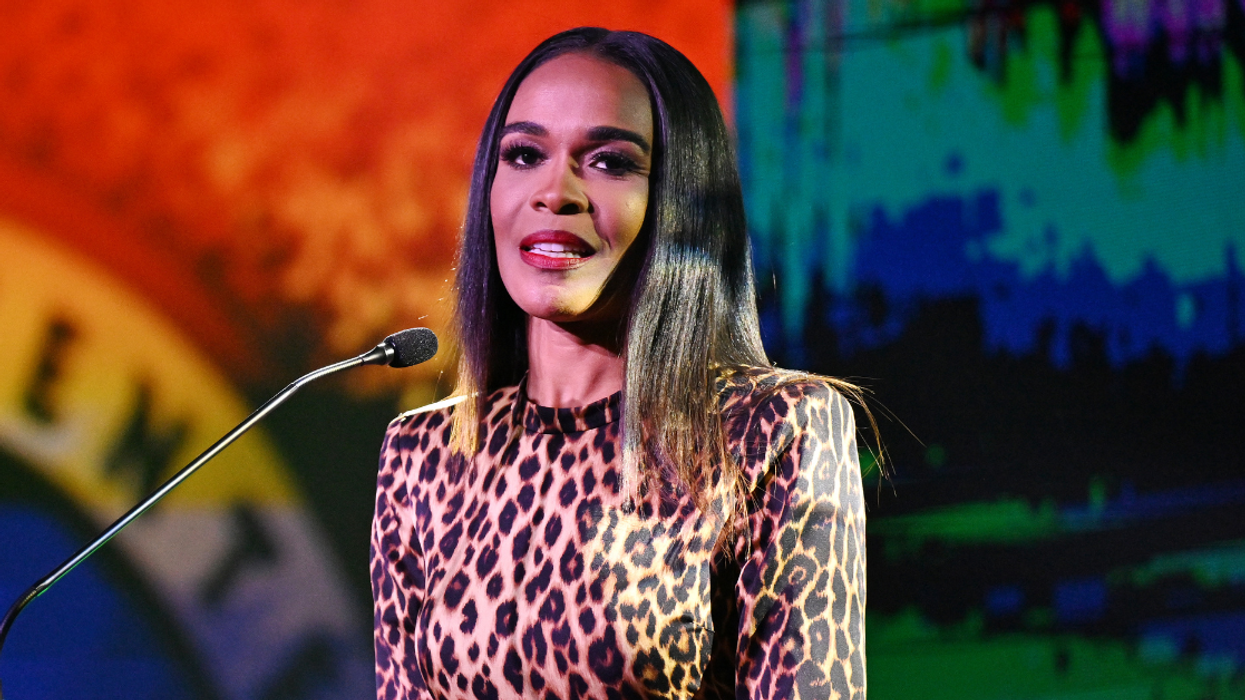

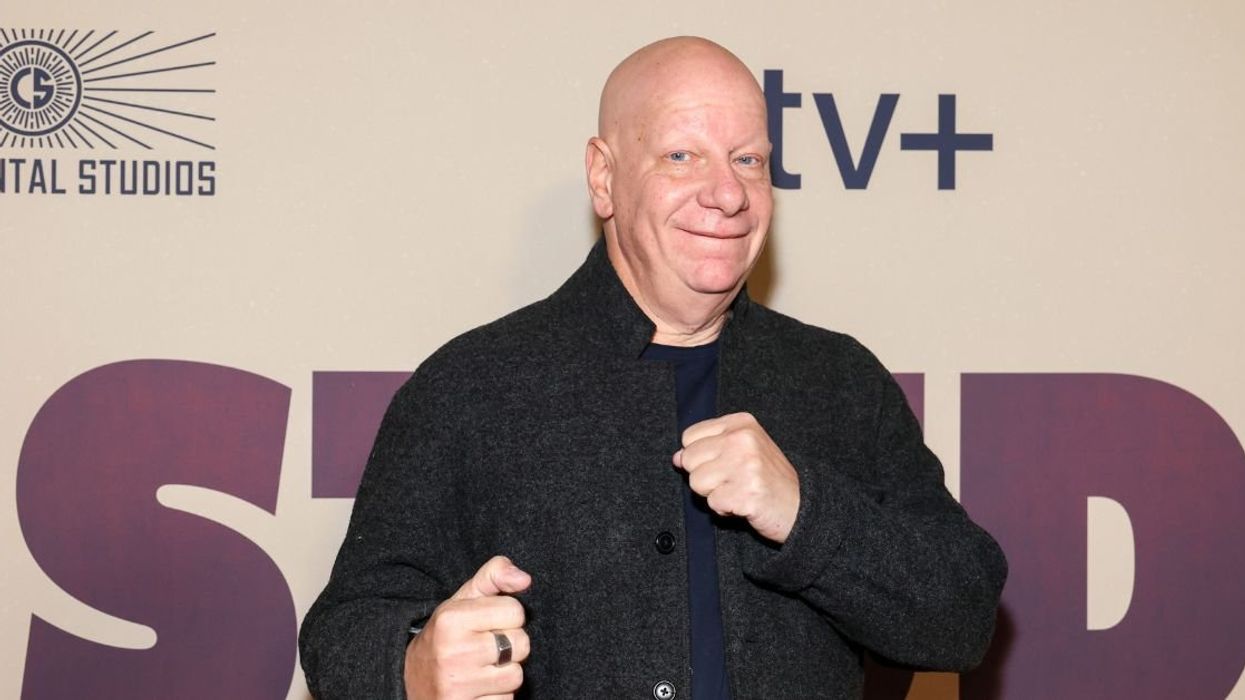








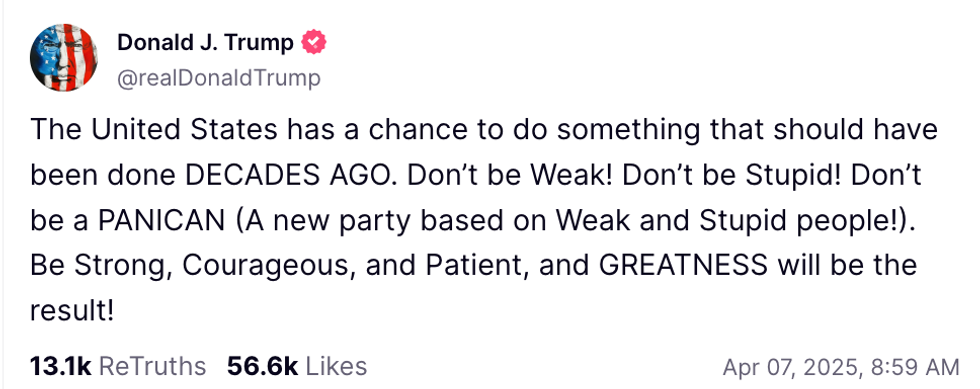 @realDonaldTrump/Truth Social
@realDonaldTrump/Truth Social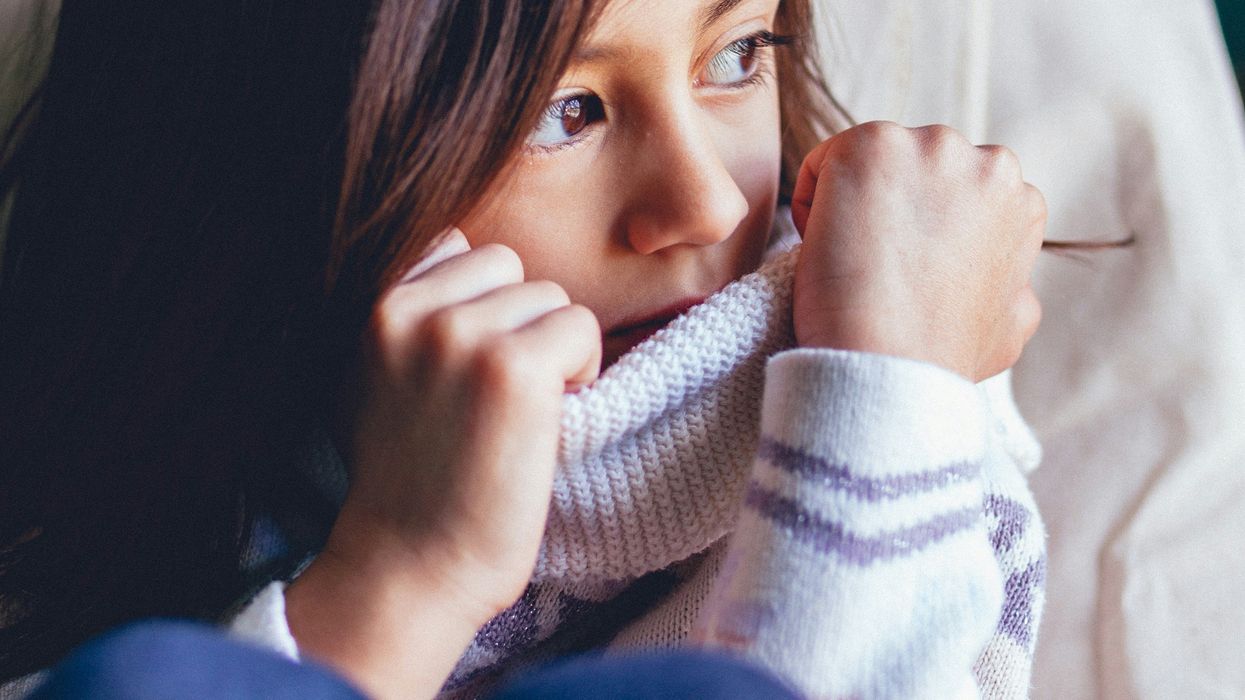
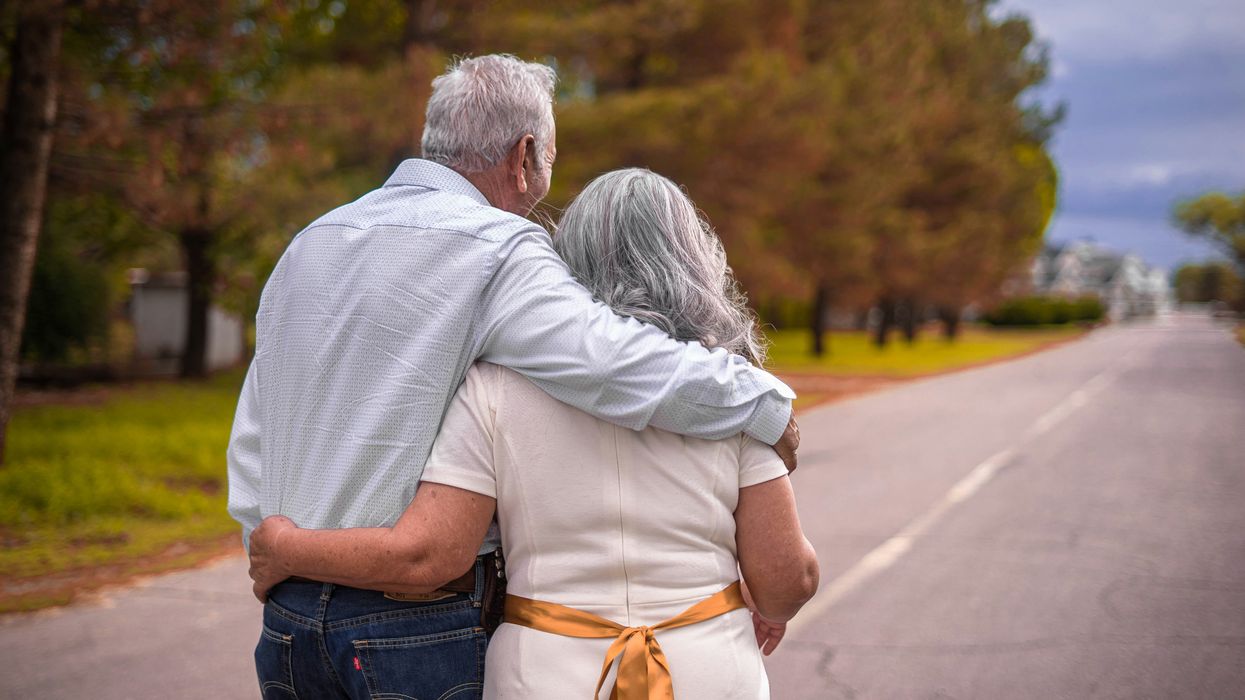

 CBS Mornings/YouTube
CBS Mornings/YouTube